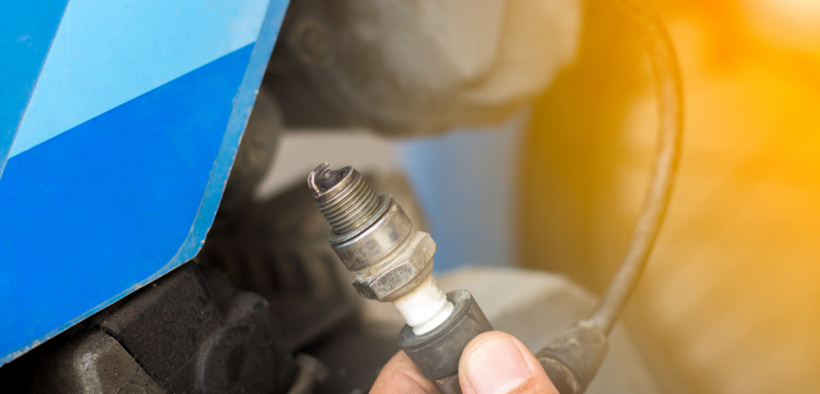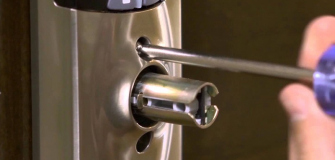Six Spark Plugs Problems That You Should Know
Share

Spark plugs can be small, but they are essential for the inner working of the car. If the spark plug is working properly, the car engine will operate smoothly and the fuel economy is acceptable. If your car burns fuel faster and it seems to run roughly, then it could be caused by bad spark plugs. If your spark plugs work normally, the electrode should only slightly worn off with greyish tan or brown color. However, there are problems that you should be aware of:
- Carbon deposits: This issue is identified when there are dry sooty deposits on the plugs. This could be caused by rich mixture. This problem can be indicated by hesitating engine, misfires, hard starts and weak ignition. The problem could also be more likely if you use spark plugs with shorter core nose, which could be fouled more easily.
- Ash deposits: This could be indicted by the presence of light brown deposits on the center or the sides of the electrodes. These deposits could be caused by the constant use of oil or fuel additives. When it happens, it could be indicated by misfire during the acceleration or overall hesitation of the engine. If this problem happens, you may need to clean up the plug. If the deposit accumulates quickly, you may need to replace the valve guide seals. This is necessary if you want to prevent oil from seeping into the combustion chambers.
- Oil deposits: It happens when you see oil coating on the plugs and it could be caused by improper oil control. This could happen when larger amount of oil has leaked into the combustion chamber. It is possible if the piston rings and valve guides wear out badly. You may encounter problems like hesitation, misfiring and hard starts. You may need to replace new plugs or replace any worn out components inside your engine.
- Over heating: Check whether electrode gets worn and the white insulator of the plug is blistered. When it happens, the overall plug life will be shorter. You should check the plugs for over advance ignition timing, correct heat range, sticking valve, leaks on intake manifold vacuum or lean fuel mixture. Engine will overheat when the coolant level is low or the radiator is clogged. So, you need to check both.
- Detonation: Detonation causes the insulator part of the plug to be cracked or chipped. This will cause change in the gap setting. If the plug is not replaced immediately, this could cause damage to the piston. The problem happens when detonation occurs frequently inside the engine due to the use of fuel that doesn’t meet the requirements of the engine.
- Preignition: Preignition can be a serious problem. This can cause the electrodes to melt and small debris could be released inside the combustion chamber. It may cause severe damage to the engine. To prevent this, the plug should be checked for proper heat range or over advanced ignition timing. Preignition could happen due to lack of lubrication, very lean fuel mixture and clogged cooling system.









